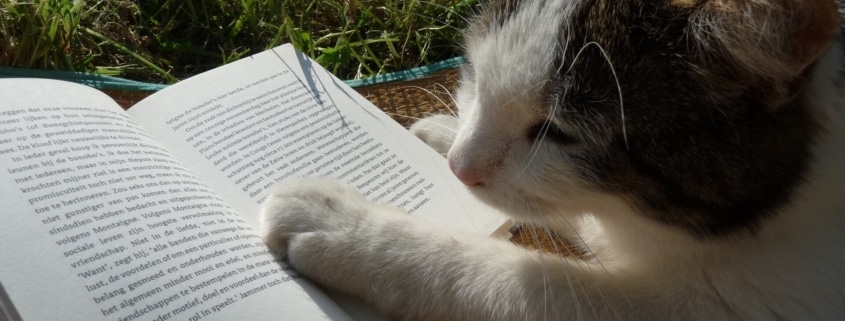The -tch ‘Copy Cat’ Rule
After the student has had some practice with the ‘-dge’ rule, we introduce a very similar rule. This is the ‘-tch’ rule, also called the “copycat rule.”
Tutor: “The next blocker rule we are going to learn is very much like the ‘-dge’ rule you just learned. Today we are going to learn about spelling words that end with the sound /ch/. What letters are you thinking of for that sound?”
Student: “C-H.”
Tutor: “Great. Just like the /j/ sound at the end of a word, the /ch/ also needs a blocker. And just as we had the ‘d’ as the blocker for the ‘dge’ rule, we use the ‘t’ as the blocker for the ‘tch’ rule. When we have a vowel saying its sound followed by the /ch/, we always use ‘tch.’ But, what are we blocking? (Tutor spells fetch as F-E-C-H) Wouldn’t fetch still say the same thing without the T?”
Student: “Yes it would. I’m not sure why we are adding an extra letter. It seems like we don’t need it.”
Tutor: “This one is a little tricky. At first it looks like the ‘t’ is unnecessary. But check out what happens if I wanted to say the dog “fetched” (F-E-C-H-E-D) the ball. Could that final ‘e’ jump over the ‘ch’?”
Student: “I guess if it can jump over ‘th,’ it can also jump over ‘ch.’”
Tutor: “It can! So we use ‘tch’ just in case we add an ending like ‘-ed’ later on. The important thing to remember is that the ‘-ed’ doesn’t even have to be there. We use the blocker regardless. Also, unlike the ‘dge’ rule which works very consistently, there are a few exceptions to the ‘tch’ rule. There are four common words that don’t follow the rule. They are SUCH, MUCH, RICH and WHICH. In each word we have a vowel saying its sound and the /ch/ sound comes right after, but none of them end with ‘-tch.’ We will need to commit these four words to memory.”


